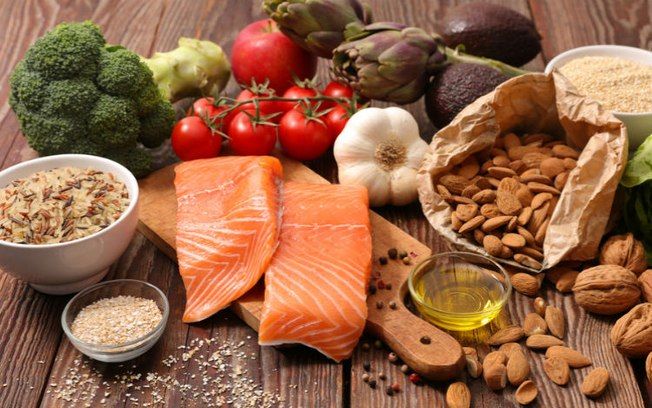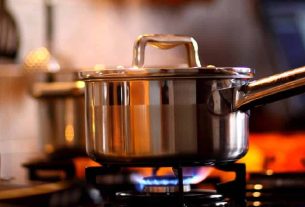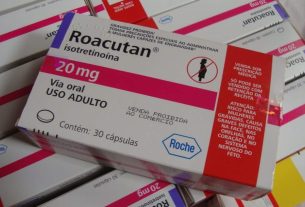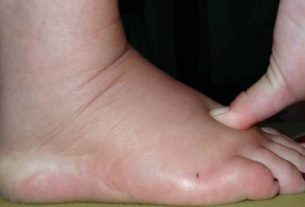Menopause brings with it uncomfortable symptoms that can be prevented with some care. Discover the foods that help with prevention.
What do you know about menopause? The moment that puts an end to a woman’s reproductive phase arrives without a day, much less a set time. Marked by several hectic hormonal changes, where the body gets used to the new age, it is possible to encounter some obstacles in the form of uncomfortable symptoms. On the other hand, discomfort ceases when you follow some valuable tips: among them, foods that help with menopause.
But after all, what would those dreaded symptoms be? They can range from insomnia, depression, excess weight caused by decreased metabolism, loss of libido and the famous “hot flashes”, or hot flashes. Furthermore, there is also an increased risk of osteoporosis and cardiovascular and metabolic diseases. This is all part of the climacteric, the set of signs that warn of the arrival of menopause.
In contrast to the unwanted effects of the new phase, there are some possibilities to make women’s lives easier and drastically reduce all these symptoms. In addition to exercising regularly, it is crucial to eat well, and for this, there are foods that help with menopause. Not only physical well-being can benefit from this, but also emotional well-being, as depression and sudden changes in mood are part of the climacteric.

In this sense, check out 8 types of essential nutrients to include in the menopause diet below, along with their beneficial properties.
Foods that help with menopause
1 – Omega 3
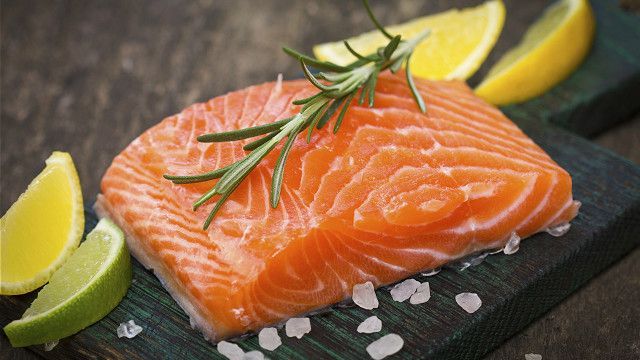
With antioxidant and anti-inflammatory properties, omega 3 becomes extremely important in the new menopause routine. Foods rich in the nutrient even help fight arthritis, in addition to improving heart health. This occurs because the food reduces LDL, the so-called bad cholesterol, and increases HDL, which is expected. The fatty acid helps regulate blood clotting and blood pressure.
Thus, omega 3 can be found in fish such as tuna, sardines and salmon, in addition to flaxseed oil and seeds. It is also possible to include it in your diet through medical supplements.
2 – Fibras
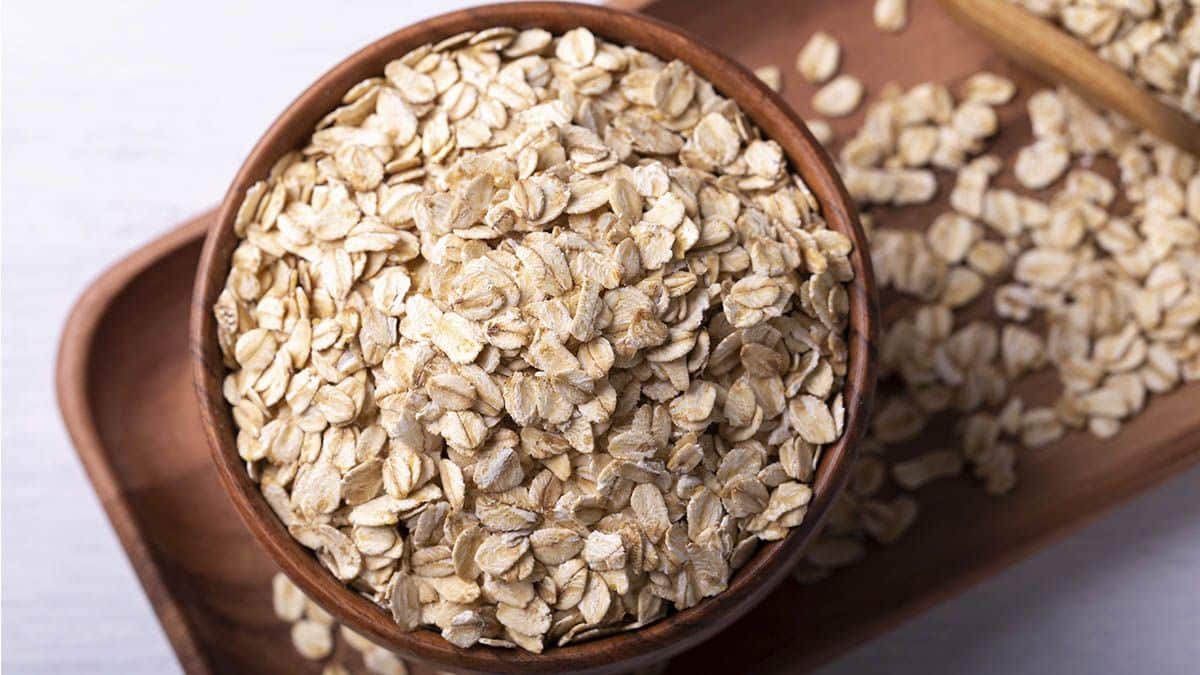
Fibers have several essential properties for maintaining a functional body during menopause. They help prevent the increase in cholesterol, avoid constipation, control high blood sugar levels and regulate the intestines. Furthermore, they are foods rich enough to provide a feeling of satiety, which prevents the consumption of fatty foods and, therefore, helps with weight loss.
You can find this source of nutrients in, for example, vegetables, fruits, beans, lentils, rice, pasta, wheat bran, pumpkin and oats. Oats, in addition to being an important fiber, also contain phytomelatonin, which helps with insomnia by improving your night’s sleep.
3 – Vitamin C
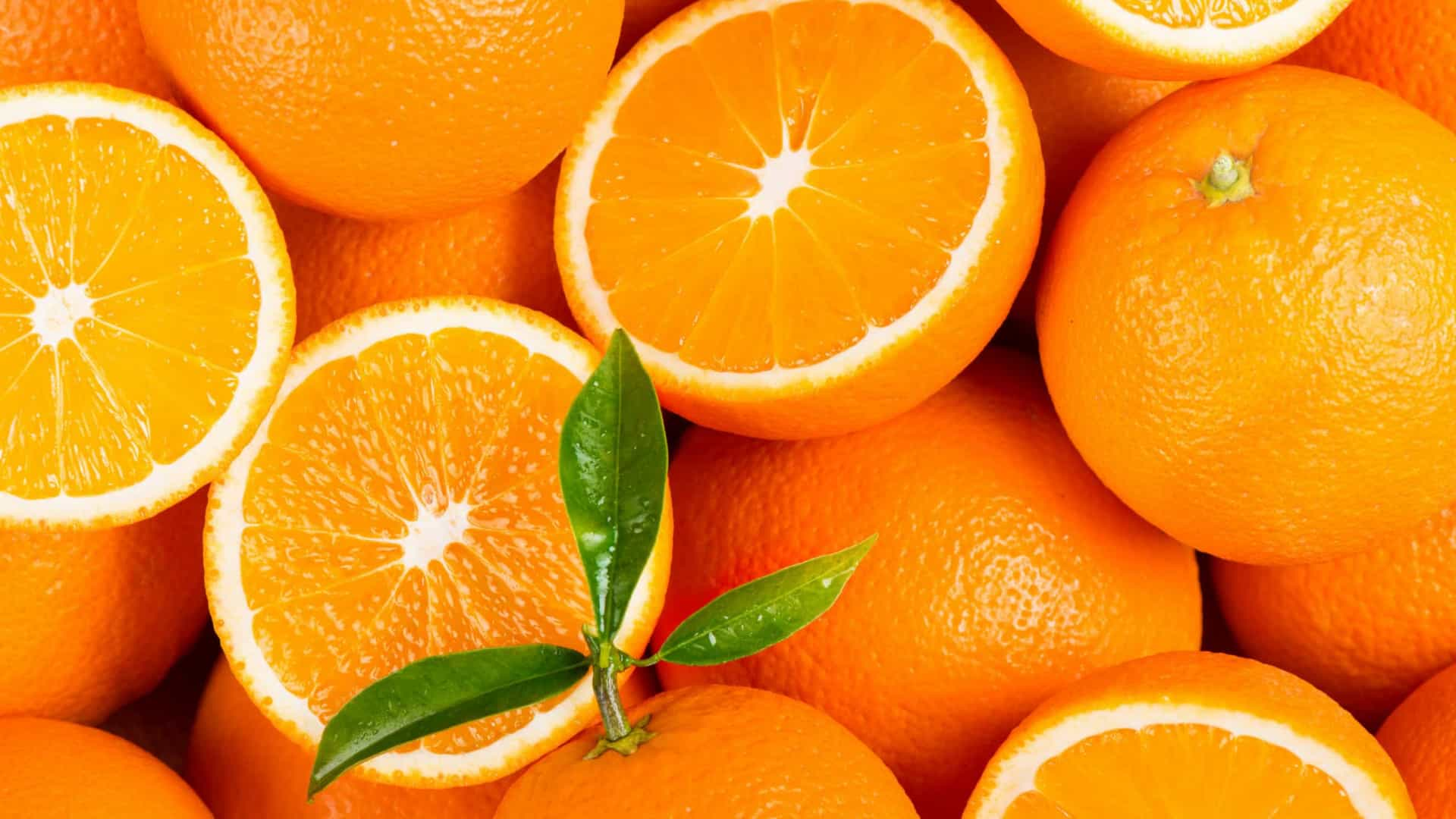
Vitamin C is beneficial for absolutely anyone, but it works wonders during menopause. It helps maintain a good appearance of the skin, by facilitating healing, and strengthens the immune system. Still on the skin, vitamin C also helps in the absorption of collagen, which is the protein responsible for ensuring its firmness and elasticity.
Foods rich in vitamin C are, for example, strawberries, oranges, guavas, tangerines, kiwis and papayas.
4 – Vitamin E
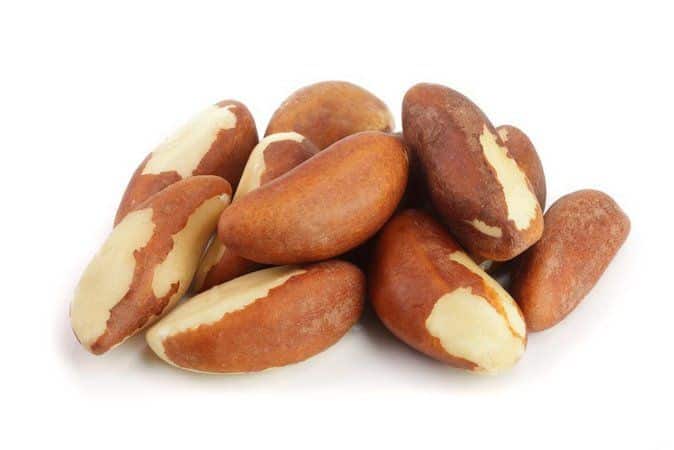
Likewise, vitamin E is also a great help in improving the appearance of the skin. In contrast to vitamin C, it is essential for preventing premature aging and possible wrinkles that may appear, in addition to promoting hair hydration by keeping its fibers strong and healthy.
Vitamin E does much more than just keep your skin and hair healthy. It helps maintain heart health and can prevent neurological diseases, such as even Alzheimer’s. Furthermore, your body is fortified by its antioxidant action, which promotes its defense.
Likewise, it can be found in seeds such as sunflower, Brazil nuts, walnuts and peanuts, as well as fruits such as avocado and mango. It is also present in olive oil and seafood.
5 – Phytoestrogens in menopause
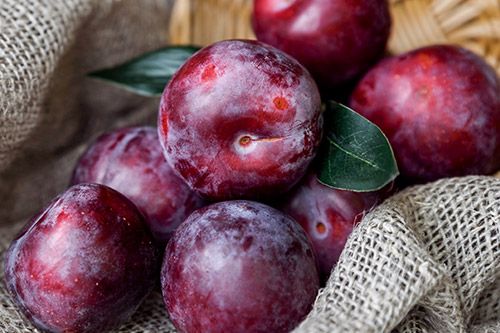
What are phytoestrogens? Similar in composition to estrogen, the female hormone, phytoestrogen is also formed by a group of non-steroidal components, responsible for female secondary sexual characteristics. As a result, by regulating estrogen, the source is able to help alleviate certain menopausal symptoms such as hot flashes, sudden mood changes and night sweats.
Phytoestrogens are present in various types of food, such as soybeans, sesame and sunflower seeds, garlic, almonds and fruits such as plums. Of the more unusual, humus, alfalfa and pistachios are also rich in the source.
6 – Tryptophan
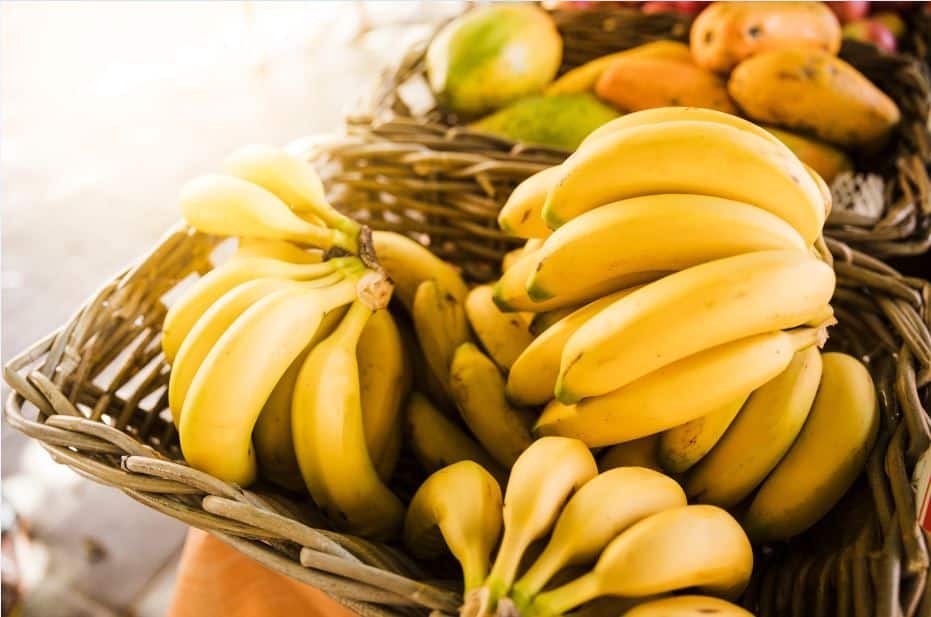
Of the foods that help with menopause, those rich in tryptophan are valuable when present in your diet. Primarily, tryptophan is responsible for participating in the production of hormones such as serotonin, niacin and melatonin, whose function is to regulate mood and the feeling of well-being. Its importance is due to the fact that it is an amino acid that is not synthesized by the body, that is, consuming foods rich in its components is essential.
In fruits, tryptophan is present in bananas. Almonds, chestnuts and walnuts are also rich in the amino acid, in addition to broccoli.
7 – Calcium
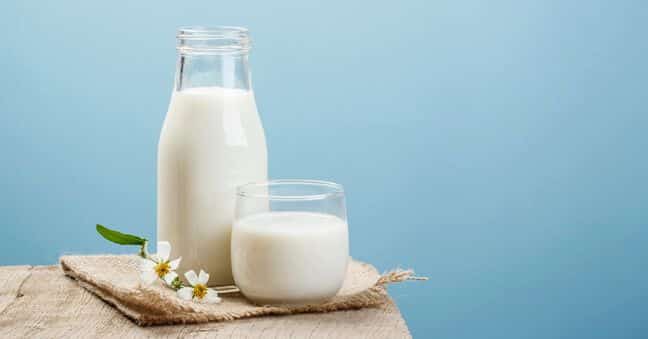
With osteoporosis as one of the possible symptoms of menopause, including calcium in your diet becomes more important than ever, due to its bone-strengthening action. In this sense, it must be associated with the practice of physical exercise.
It is recommended that foods of animal origin be chosen, due to their greater absorption, but calcium is also present in milk and dairy products, in addition to dark green vegetables, such as broccoli and arugula.
8 – Proteins in menopause
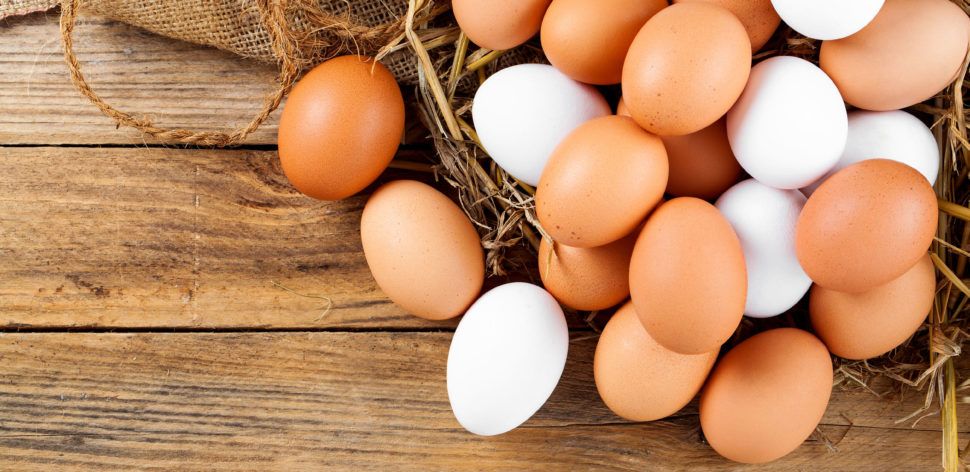
In general, proteins are extremely valuable in combating the slowdown in metabolism caused by menopause. Associated with physical exercise, the proteins present in lean meat, eggs and milk are essential, as they prevent the loss of muscle. The more muscle, the faster your metabolism works, and the easier it becomes to burn fat.
Foods to avoid during menopause
Eventually, with the natural slowdown in metabolism, it also becomes easier to accumulate fat, especially in the abdominal region. There are foods that facilitate the process, and that should be avoided to prevent this from happening.
In other words, they are the ones that, when consumed in excess, are not good for any body: red meat, alcoholic beverages, fast food, fried foods and ready-made sauces, that is, industrialized ones in general. Excessive caffeine can also be harmful, and low-fat dairy products are preferred. Coffee, black tea and hot chocolate are energy boosters and can influence insomnia, in addition to making it difficult to absorb calcium.
Did this subject interest you? If so, also check out What is menopause? Symptoms, causes, treatment and care
Sources: Tua Saúde, Gaúcha ZH
Images: UOL, BBC, Jasmine, Notícias Ao Minuto, Rei das Chestnuts, Saber Hortifruti, Vitta, Food Service News, Minha Saúde

Sign up for our newsletter and stay up to date with exclusive news
that can transform your routine!
Warning: Undefined array key "title" in /home/storelat/public_html/wp-content/plugins/link-whisper-premium/templates/frontend/related-posts.php on line 12
Warning: Undefined array key "title_tag" in /home/storelat/public_html/wp-content/plugins/link-whisper-premium/templates/frontend/related-posts.php on line 13

